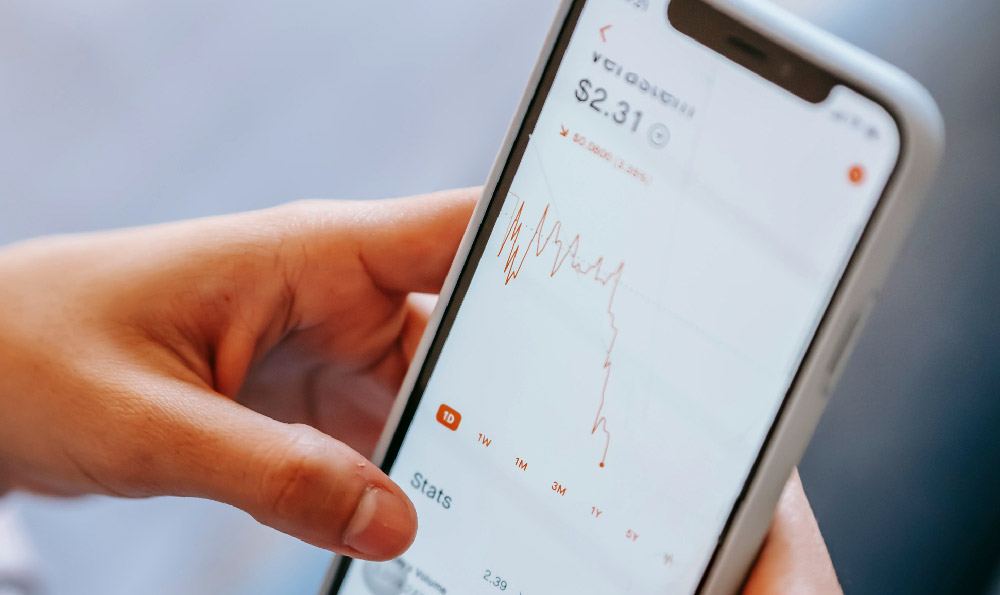How Much Can You Earn & Is Donating Plasma Worth It?
Okay, let's delve into the world of potential earnings in the cryptocurrency market and then explore the ethics and economics surrounding plasma donation. These are two very different avenues for generating income, each with its own set of opportunities, risks, and considerations.
Regarding cryptocurrency investments, the honest answer to "How much can you earn?" is: it varies wildly. There's no guaranteed return. The potential gains are often touted, and indeed, stories of overnight millionaires are captivating. However, these are the exception, not the rule. Many more people have lost substantial sums through ill-advised investments or by falling prey to scams.
To realistically assess your earning potential, consider several key factors. First, your starting capital is crucial. Obviously, a larger initial investment can lead to larger absolute gains, but it's equally important to remember that percentage-wise losses can also be significant. Never invest more than you can afford to lose. This isn't just a platitude; it's a fundamental principle of risk management.

Second, your risk tolerance plays a huge role. Some cryptocurrencies, like Bitcoin and Ethereum, are considered relatively more established and less volatile than altcoins (alternative cryptocurrencies). However, even these can experience significant price swings. Altcoins offer the potential for higher returns but come with exponentially higher risks, including the possibility of complete failure. Your risk tolerance should dictate the types of cryptocurrencies you consider and the size of your positions. If you're risk-averse, stick to the larger, more established coins and allocate a smaller portion of your portfolio to crypto.
Third, your investment strategy is paramount. Are you a day trader aiming to profit from short-term price fluctuations? Or a long-term holder, believing in the future potential of a particular cryptocurrency? Each strategy requires a different approach to research, analysis, and execution. Day trading is incredibly time-consuming and requires deep knowledge of technical analysis, charting patterns, and market sentiment. Long-term investing, on the other hand, requires a strong understanding of the underlying technology, the team behind the project, and the competitive landscape. Diversification is also vital. Don't put all your eggs in one basket. Spread your investments across different cryptocurrencies and even different asset classes to mitigate risk.
Fourth, knowledge is your best defense. The cryptocurrency market is rife with scams and fraudulent projects. Before investing in any cryptocurrency, do your own research (DYOR). Read the whitepaper, understand the technology, research the team, and assess the community. Be wary of hype and promises of guaranteed returns. If it sounds too good to be true, it probably is.
Technical analysis can be a useful tool for identifying potential entry and exit points, but it's not a crystal ball. Learn to read candlestick charts, identify support and resistance levels, and use technical indicators like moving averages and the Relative Strength Index (RSI). However, remember that technical analysis is just one piece of the puzzle.
Ultimately, earning potential in the cryptocurrency market is directly proportional to the risks you're willing to take, the capital you're willing to invest, and the knowledge you're willing to acquire. Be prepared to lose money, and never invest more than you can afford to lose.
Now, shifting gears to plasma donation, the question of "Is it worth it?" is less about potential wealth and more about ethics, personal values, and individual circumstances.
From a purely financial perspective, donating plasma can provide a modest income boost. The amount you can earn varies depending on the donation center, the frequency of your donations, and any promotional offers. Typically, you can expect to earn between $50 and $100 per donation, and you can usually donate twice a week. This could translate to several hundred dollars per month.
However, the decision to donate plasma shouldn't be solely based on the financial incentive. Consider the potential risks and side effects. Common side effects include dehydration, fatigue, dizziness, and bruising at the injection site. More serious, but rarer, complications can include allergic reactions and infections.
The ethical considerations are also important. Some people view plasma donation as a selfless act of helping others, as plasma is used to create life-saving medications for people with autoimmune diseases, bleeding disorders, and other conditions. Others view it as a form of exploitation, particularly when the donors are from low-income backgrounds and are essentially selling a part of their body.
There are also questions about the potential impact on long-term health. While studies haven't definitively linked plasma donation to long-term health problems, it's important to be aware of the potential risks and to consult with your doctor before donating.
Furthermore, consider the time commitment involved. Each donation typically takes between one and two hours, including the registration process, the medical screening, and the actual donation. This can add up to a significant amount of time over the course of a month.
Ultimately, the decision of whether or not to donate plasma is a personal one. Weigh the financial benefits against the potential risks, ethical considerations, and time commitment. If you're considering donating, research reputable donation centers, talk to your doctor, and be fully informed about the process.
In conclusion, both cryptocurrency investment and plasma donation offer avenues for generating income, but they require different approaches and involve different considerations. Cryptocurrency investment is a high-risk, high-reward activity that requires knowledge, discipline, and a strong risk tolerance. Plasma donation is a lower-risk, lower-reward activity that raises ethical questions and requires a careful assessment of personal health and values. Choose wisely, and make informed decisions based on your own individual circumstances.















